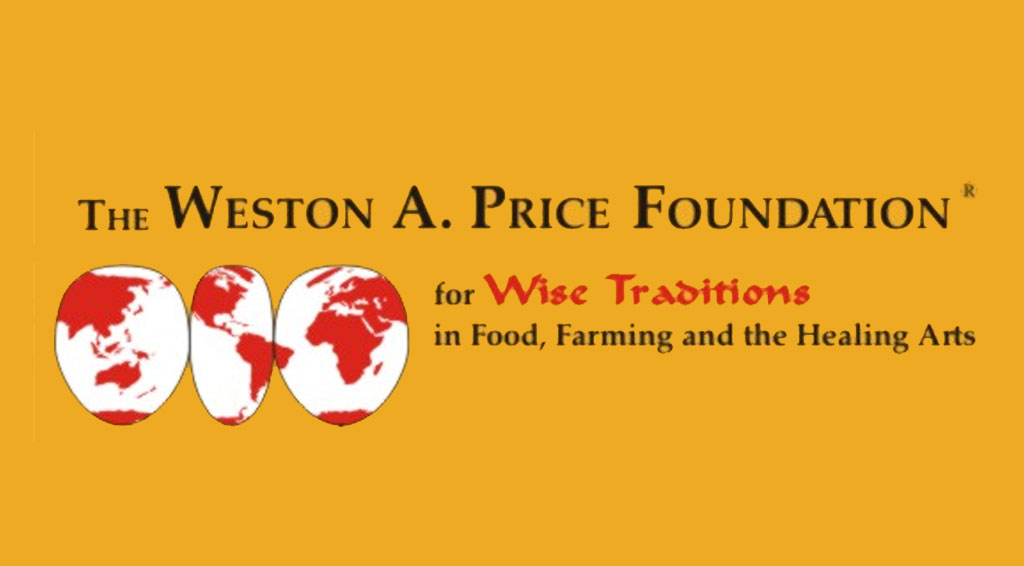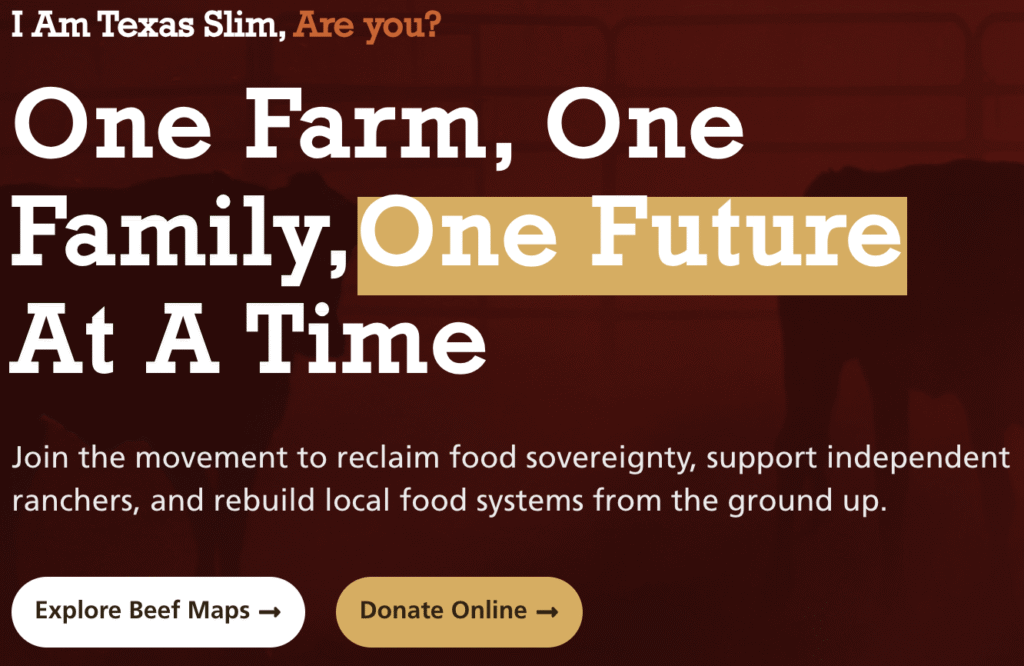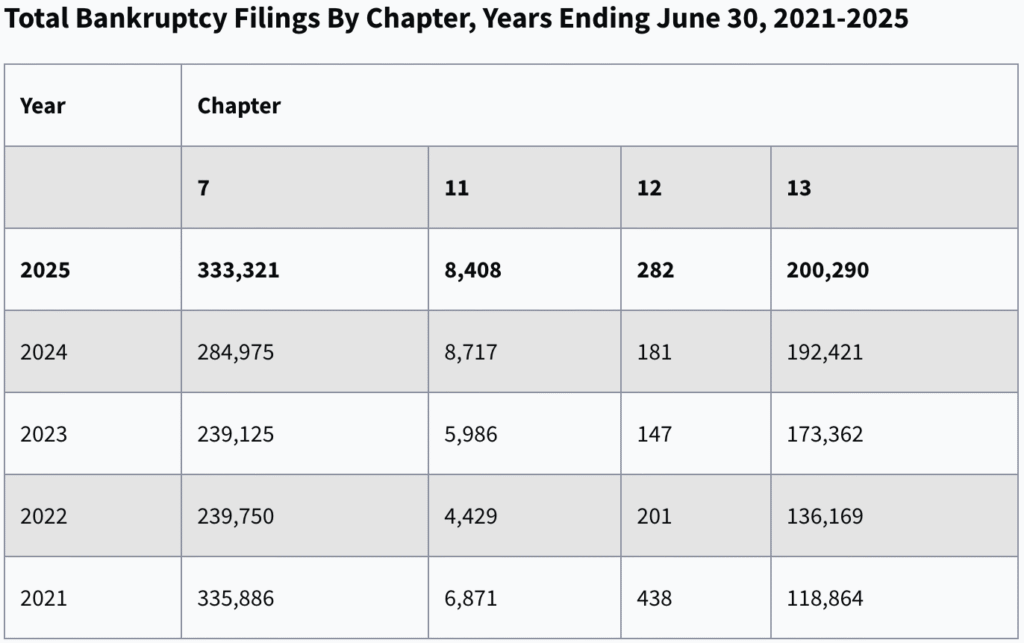“Yesterday, we were informed that the USDA staff responsible for approving our labels … are considered ‘non‑essential.’ So you’re telling us … we have to put the development and sale of our AMERICAN beef products on hold, while the Big Packers can continue selling foreign beef labeled as ‘product of the USA.’ Got it.”
That was posted by Meriwether Farms on October 2, 2025. Their new beef tallow label—after two months and four USDA rejections—was ready to go. Now it sits in limbo. Meanwhile, large packers continue relabeling foreign beef as “Product of USA”—without interruption.

Shutdowns Don’t Stop the Cartel
When Congress failed to pass FY 2026 appropriations, the federal government shut down beginning October 1. The official USDA Lapse in Appropriations Plan shows how the agency triages operations during funding gaps.
Under this plan, meat safety inspections are deemed “essential” and continue under the Federal Meat Inspection Act. But labeling approvals—the reviews that allow ranchers to release new products or claims—are “non-essential” and therefore suspended.
So while Cargill’s kill lines hum along uninterrupted, small producers like Meriwether are frozen mid-pipeline—stuck with products they can’t legally sell.

The “Product of USA” Loophole Lives On
Here’s the part they don’t want you to think about.
Under current rules, beef from cattle born and raised abroad—Mexico, Brazil, Australia—can still be sold with a “Product of USA” label, as long as it’s repackaged or processed at a USDA-inspected facility. Ground beef made with foreign trim? No origin disclosure required. The practice is permitted under the agency’s still-active Labeling Policy Book and labeling requirements guide.

Why? Because Mandatory Country of Origin Labeling (MCOOL) was repealed in 2015. The law—passed in the 2008 Farm Bill—was struck down after WTO complaints triggered a $1 billion tariff threat from Canada and Mexico.
In March 2024, USDA issued a new voluntary rule to tighten these claims—limiting “Product of USA” to beef born, raised, slaughtered, and processed in the U.S.—but it doesn’t take effect until January 1, 2026.
Until then, the packers enjoy free rein. According to Cargill’s own supply chain disclosure, imported beef is relabeled and sold as American daily. USDA keeps inspecting. Small producers keep waiting.

Small Producers Frozen, Packers Protected
USDA kept the inspection system running. But the gate to market—label approval—slammed shut for everyone else.
Meanwhile, financial support is collapsing in tandem. The Farm Service Agency has suspended all new farm loans and disaster support, including the Emergency Loan Program, Microloan Program, and Livestock Forage Disaster Program.
Payments under Price Loss Coverage and Agriculture Risk Coverage are delayed, along with reimbursements for EQIP and CSP. These programs are essential for maintaining grazing rotation, water access, and ecological stability.
Also paused: export certifications for overseas markets and Cattle on Feed reports for pricing transparency. That means ranchers lose access to both premium customers and hedging strategies—while volatility climbs unchecked.
Patterns of Pain for Small Producers
This isn’t a bureaucratic fluke. Since 1995, at least eight of eleven federal shutdowns have followed the same pattern: financial support gets cut, but core inspection infrastructure stays online.
Why? Because four firms—Tyson, JBS, Cargill, and National—control 85% of U.S. fed cattle processing. And those firms have cash reserves, lobbying muscle, and vertical integration that lets them absorb policy shocks and profit from distress.
The financial pressure isn’t theoretical—it’s on the books.

Chapter 12 farm bankruptcies surged 55% in the first half of 2025, with 181 filings logged by U.S. Courts—a sharp year-over-year spike driven by delayed USDA payments, drought, and collapsing margins.
Meanwhile, nearly 1.2 million metric tons of beef were imported into the U.S. in 2024, much of it from nations with weaker safety standards, according to USDA’s GATS database (currently offline due to the shutdown). Blended, relabeled, and untraceable.
The Cutting Truth
The USDA calls this a public safety distinction. But the outcome is clear: American beef is sidelined. Foreign beef is still labeled as American.
So while Meriwether’s Wyoming tallow sits in limbo, Cargill’s imported trim rolls off the line—inspected, stamped, and shielded by federal exemptions. That’s not policy. That’s capture.
The solution is obvious: reinstate mandatory country-of-origin labeling in the 2026 Farm Bill—immediately, and without loopholes. Until then, every “non-essential” designation is a knife at the throat of American ranchers.
Because when the gate is closed for one side only, it’s not a shutdown.
It’s containment.
And If USDA won’t back your rancher, you still can.




0 Comments